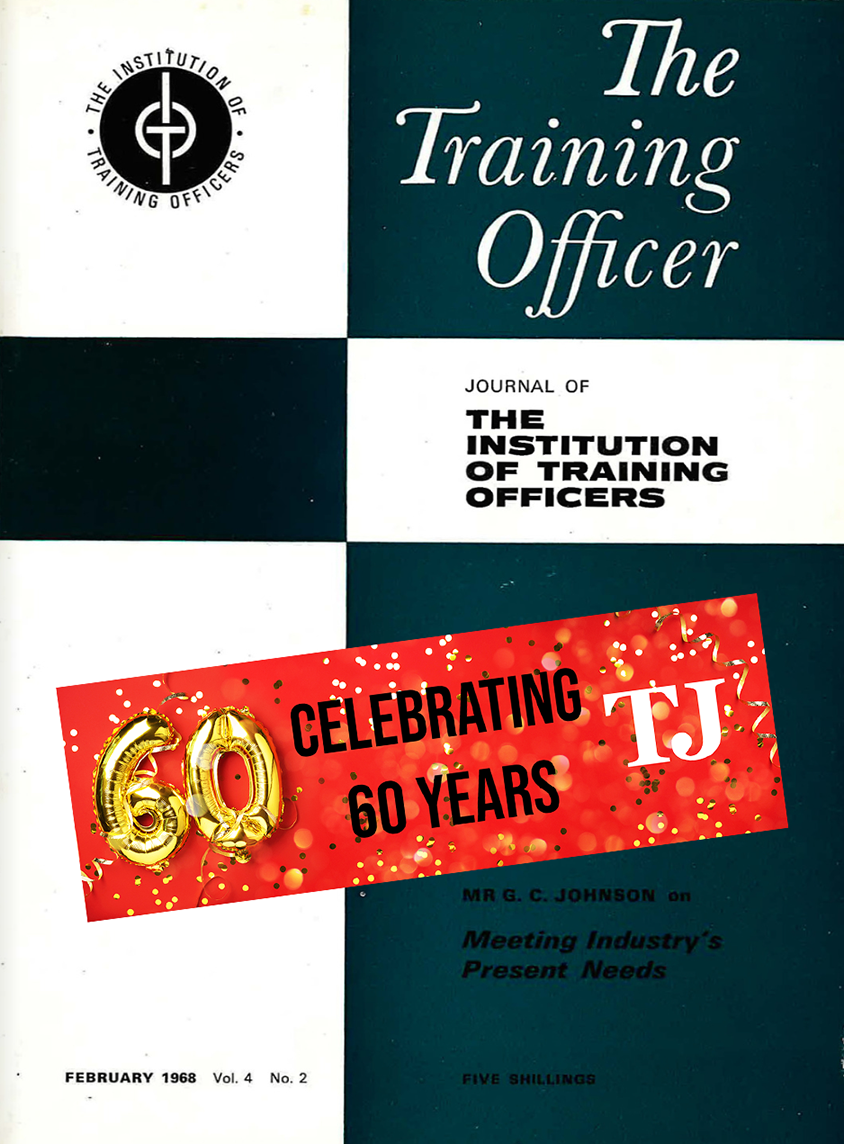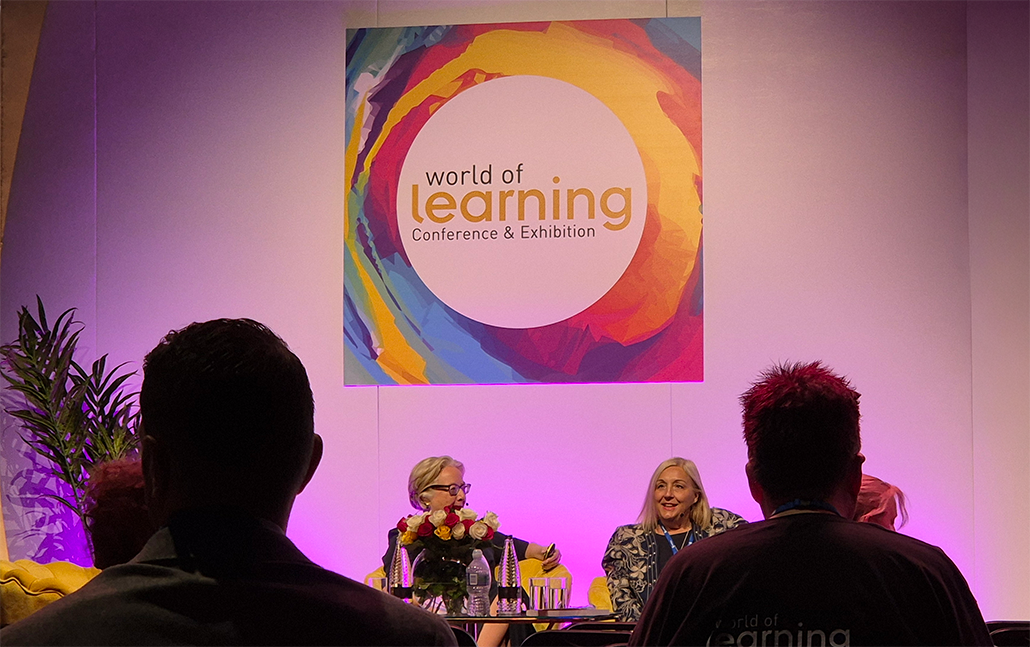To mark its 60th year, TJ revisits the earliest edition in the archives, a magazine that shaped the early training profession. With striking parallels to today’s challenges, the issue tackled assessment reform, human skills, community and more. The values of evidence, critique and collaboration still resonate across learning and development.
Published as the “Official Journal of the Institution of Training Officers,” this archive magazine captured a profession defining itself in the wake of the Industrial Training Act. Its mix of editorial, conference papers, book reviews, news, letters and a diary of events feels strikingly familiar to today’s TJ readers.
The lead editorial, “Fair Duty,” set a tone TJ still prizes, that of critique with responsibility. It argued for evidence-based, constructive commentary rather than easy rhetoric, and flagged forthcoming, measured analysis of the Central Training Council’s “Pattern for the Future” on training officer development.
A centrepiece was the Institution’s “Education in the 70s” conference transcript. Speakers explored how industry, colleges and the new training boards should mesh, debating the balance between theory and practice, whether college years should run year-round, and how secondary schools should be at the table with employers and further education. The tension between synchronous training plans and rapidly modularising, shorter industrial learning was already visible.
Two threads feel timeless:
- “Liberal studies” as a means to develop self-awareness, social and intellectual confidence alongside technical skill. The language is of its era, but the aspiration reads like today’s call for human skills and purpose in learning
- Assessment reform, a critique of one-shot exams and an early nod to continuous assessment and credit systems foreshadow modern competency and portfolio approaches
Community building pulsed through the pages. The Institution reported vigorous branches nationwide and a growing membership, mirroring today’s emphasis on peer networks and practice sharing. News items covered board initiatives for supervisors and foremen, while reviews scanned youth development, telecommunications texts and guides to board policy.
What has changed? The machinery, the language, the policy acronyms. What hasn’t? A commitment to thoughtful critique, practitioner voice, and the integration of human, technical and organisational learning. In 1968 as now, that blend is the heart of TJ.
Click the image below to load the PDF reader, and you can also join us at a celebratory conference in November 2025.




